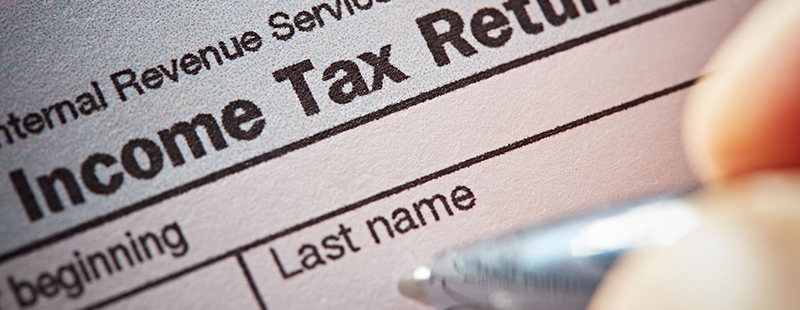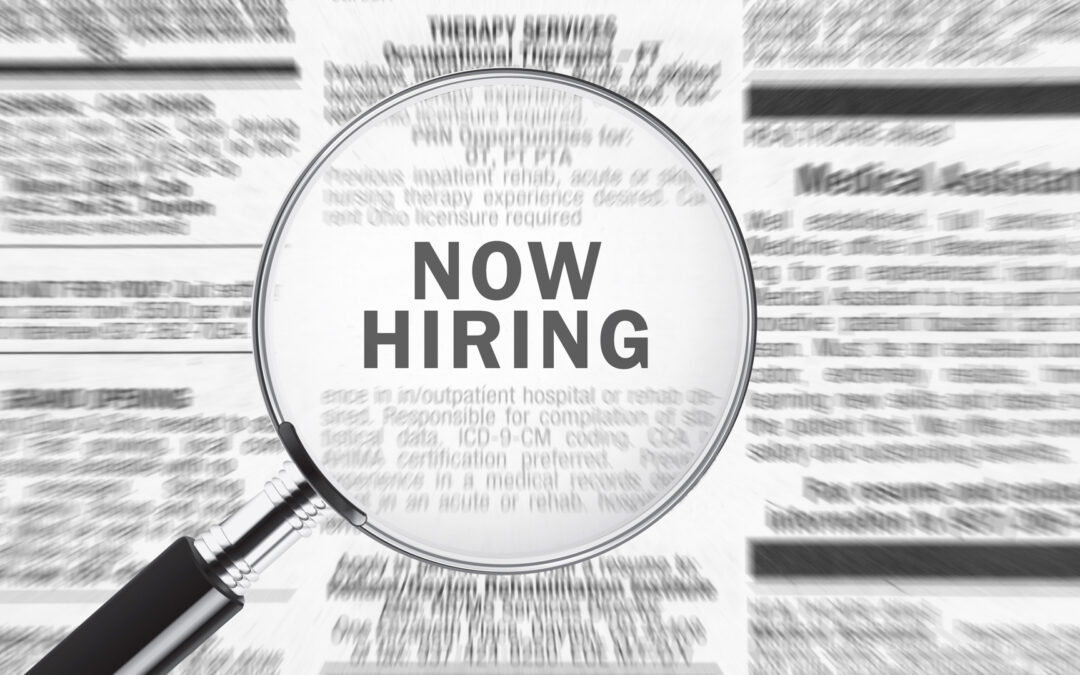The Internal Revenue Service (IRS) released a breakdown by state of approximately 9 million people who don’t file a federal income tax return to receive a special notice by mail encouraging them to verify whether they are eligible to claim an Economic Impact Payment.
Those people who are not required to file a federal income tax return but may qualify for an Economic Impact Payment will receive a letter in the mail urging them to use the Non-Filers Tool on the IRS website and to register for the payment. The deadline to register for an Economic Impact Payment is on October 15, 2020.
The release of this data encourages state and local leaders to better understand the size of the population eligible for the Economic Impact Payments and to assist them in claiming these payments. The IRS has partnered with various groups across the country, including those that serve people experiencing homelessness, underserved communities and those whose primary language is not English. To date, 7 million people have used the Non-Filers Tool to register for these payments.
The letter, IRS Notice 1444-A, will be mailed to those individuals who have not filed a federal income tax return for years 2018 and 2019. Due to low income from W-2 data, 1099 data and third-party sources, these people don’t have a federal income tax filing requirement. The state-by-state breakdown indicates that the IRS will send 1,186,896 letters to California residents urging them to use the Non-Filers Tool.
Individuals can receive up to $1,200, and married couples can receive up to $2,400. Those with children under the age of 17 at the end of 2019 will receive an extra $500 for each qualifying child.
IRS Notice 1444-A is not a guarantee that one would receive the Economic Impact Payment, but a likelihood that a person or married couple may qualify so long as they meet the following:
- are a U.S. citizen or resident alien;
- have a work-eligible Social Security number; and
- can’t be claimed as a dependent on someone else’s federal income tax return.
More information regarding eligibility is available at the IRS website, Economic Impact Payment Eligibility FAQs. Those who suspect they may be eligible and did not file a tax return in 2018 or 2019 should use the tool right away rather than wait to receive a letter by mail. If the deadline has passed and they have not registered, people can claim the recovery rebate credit on their 2020 federal income tax return by filing in 2021.
Anyone required to file a 2018 or 2019 income tax return should file the return rather than use the Non-Filer Tool. The tool is designed for those individuals making less than 12,200 or married couples with income less than $24,000, including those experiencing homelessness. Those who are unable to access the Non-Filer Tool may submit a simplified paper return following the procedures described on the IRS website, Economic Impact Payment FAQs.
Even people who don’t work or have no earned income may qualify for the Economic Impact Payment. But, low- and moderate-income workers or working families who qualify for special tax benefits, such as the Earned Income Tax Credit or Child Tax Credit cannot use the Non-Filers Tool. Instead, they will need to file a regular tax return as soon as possible and the IRS will determine and issue any Economic Impact Payment for which they are eligible.
Two weeks after registration, the Get My Payment Tool available on irs.gov will be available to track the status of payments.
The IRS has made the letter available on their website for public access, to address any fraud concerns.
Should you have any questions or concerns about filing your tax return, contact us right away.





